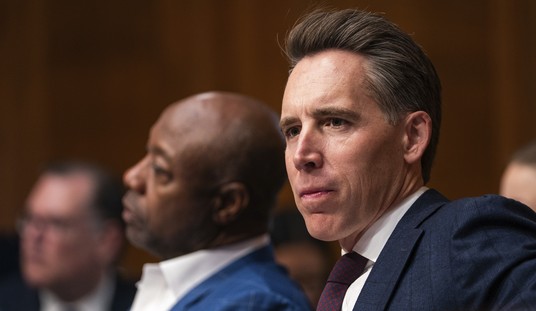WASHINGTON — A Georgia lawmaker this week asked Federal Communications Commission Chairman Tom Wheeler to stop disproportionate use of cell-site simulators for surveillance in minority communities.
In his letter to Wheeler, Rep. Hank Johnson (D-Ga.) said he was “especially troubled” by law enforcement using the communications-based surveillance that falls “squarely within the FCC’s jurisdiction,” noting a recent complaint filed with the agency about the use of CS simulators by Baltimore police “to transmit over licensed spectrum without appropriate federal licenses.”
The FCC license under which the companies sell CS simulators, which gather information on devices in the same way as a cell phone tower, requires FBI approval of sales to local police departments and strict nondisclosure agreements about the capability of the technology.
The complaint alleges that CS simulators also “likely disrupt” the ability of cell phones in the area to make and receive calls.
“Surveillance based on race is especially concerning given that CS simulators are used in everyday practice, and not just emergency situations,” Johnson wrote. “For example, in Annapolis, Maryland, the police deployed a CS simulator to solve a pizza delivery robbery where the robber stole 15 chicken wings and 3 subs. This is in stark contrast to assurances made by CS simulator manufacturers that their devices will only be used in emergency situations.”
“Alarmingly, these invasive devices are reportedly used with greater frequency against people exercising their First Amendment rights, specifically people of color. CS simulators have been reported at protests against police brutality and racial injustice and have been used to block phone signals during these events,” he added. “Such use allows law enforcement to gather intelligence and pursue specific people, such as known political organizers, based not on criminal activity, but on their participation in activities protected by the Constitution.”
Among the examples offered by the congressman, the Stop LAPD Spying Coalition has alleged an “architecture of surveillance” in Los Angeles targeting minority communities in a “predictive” policing strategy, and in Lansing, Mich., “neighborhoods selected for video surveillance based on reported crime rates were found to have approximately 15 percent more black residents than non-surveilled neighborhoods.”
Johnson said the technology has “exacerbated” existing “systemic racial discrimination within law enforcement agencies.”
He cited an American Civil Liberties Union survey finding that at least 66 law enforcement agencies in 23 states and the District of Columbia have acquired CS simulators. “A number of these agencies, including the NYPD and LAPD, also have a similarly well-known history of racial discrimination,” Johnson added. “… In the United States, race-based discrimination and control have frequently been at the center of surveillance, from slave pass laws to 19th century Jim Crow laws that enforced racial segregation, to the 20th century where federal and local agencies targeted political activists and civil rights leaders.”
Johnson emphasized that the FCC “cannot fulfill” its Section 151 nondiscrimination mandate “if it allows local law enforcement to continue to willfully interfere with communications networks through the operation of cell site simulators.”
The FCC chairman was asked to “take swift action to protect historically disadvantaged communities from the harms caused by CS simulators.”
The letter was also signed by Reps. Mike Honda (D-Calif.), David Cicilline (D-R.I.), Lucille Roybal-Allard (D-Calif.), Keith Ellison (D-Minn.), Alcee Hastings (D-Fla.), Cedric Richmond (D-La.), Jan Schakowsky (D-Ill.), and Barbara Lee (D-Calif.).








Join the conversation as a VIP Member